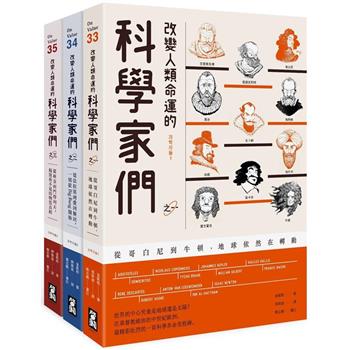Boston Congregationalist ministers Charles Chauncy and Jonathan Mayhew were among the most influential social and religious thinkers in Boston in the mid-eighteenth century. This study argues, against the interpretations of some previous historians, that Chauncy and Mayhew produced a complex but coherent body of ideas, and that these ideas were organized closely and self-consciously around the principle of "balance." Writings on society and government are treated alongside theological works, rather than apart from them, and each man’s corpus is placed against the background of English ideas as well as within the context of intellectual and social life in Boston. Chauncy and Mayhew were the leading architects of the mid-eighteenth century New England transition from Puritanism to religious rationalism. They were also instrumental in formulating and popularizing the political and social criticisms that led to the American Revolution. The Hidden Balance illustrates the connections between their religious leadership and their political leadership, and in so doing clarifies our understanding of why Chauncy and Mayhew exercised such a profound influence upon their contemporaries.
| FindBook |
有 1 項符合
The Hidden Balance: Religion And the Social Theories of Charles Chauncy And Jonathan Mayhew的圖書 |
 |
The Hidden Balance: Religion And the Social Theories of Charles Chauncy And Jonathan Mayhew 作者:Corrigan 出版社:Cambridge University Press 出版日期:2006-11-02 語言:英文 規格:平裝 / 176頁 / 22.9 x 15.2 x 1 cm / 普通級 |
| 圖書館借閱 |
| 國家圖書館 | 全國圖書書目資訊網 | 國立公共資訊圖書館 | 電子書服務平台 | MetaCat 跨館整合查詢 |
| 臺北市立圖書館 | 新北市立圖書館 | 基隆市公共圖書館 | 桃園市立圖書館 | 新竹縣公共圖書館 |
| 苗栗縣立圖書館 | 臺中市立圖書館 | 彰化縣公共圖書館 | 南投縣文化局 | 雲林縣公共圖書館 |
| 嘉義縣圖書館 | 臺南市立圖書館 | 高雄市立圖書館 | 屏東縣公共圖書館 | 宜蘭縣公共圖書館 |
| 花蓮縣文化局 | 臺東縣文化處 |
|
|
圖書介紹 - 資料來源:博客來 評分:
圖書名稱:The Hidden Balance: Religion And the Social Theories of Charles Chauncy And Jonathan Mayhew
|











